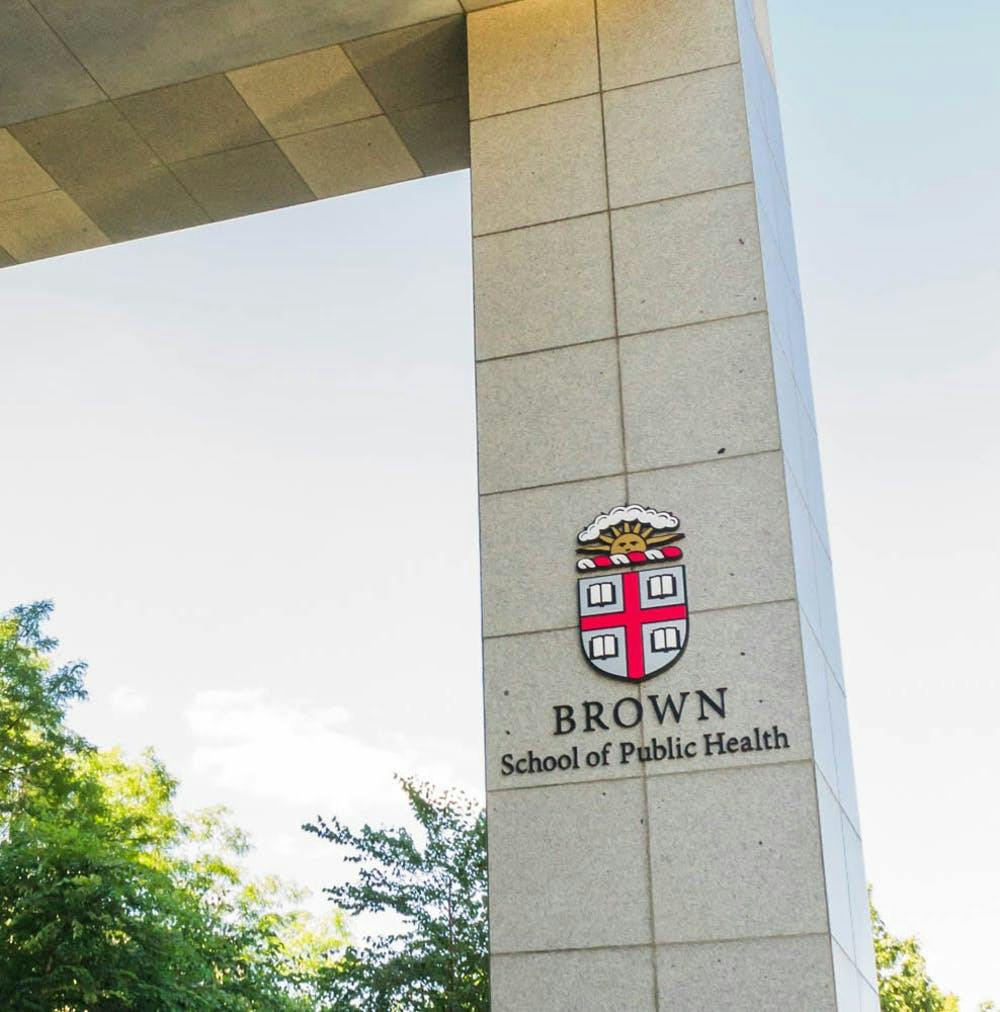The School of Public Health was reaccredited by the Council on Education for Public Health as of Aug. 26 for the maximum award of seven years.
CEPH is the independent agency recognized by the U.S. Department of Education to accredit schools of public health. This national reaccreditation shows that the SPH “meets very rigorous standards and has been evaluated through a rigorous peer process,” said Jill Kern, the SPH director for accreditation and assessment. “It’s a mark of distinction.”
“This re-accreditation marks the culmination of many months of hard work by so many stakeholders at the School, the University and our amazing community partners,” Dean of the School of Public Health Ashish Jha wrote in a statement to The Herald.
The process began 18 months ago when the SPH conducted a rigorous self-study to evaluate how well it met CEPH accreditation criteria, said Melissa Clark, associate dean for academic affairs in the School of Public Health. These criteria outlined the school’s course competency standards, resources available to students, community and stakeholder interactions and efforts to address relevant public health challenges, Clark added.
The results from this self-study were compiled into a 389-page document, which was submitted to the CEPH along with hundreds of pages of supporting documentation. The review team consisted of public health academics and professionals from outside public health institutions, handpicked to assist in the SPH’s peer review process, Clark said.
The reviewers then spent two and a half days interviewing groups of faculty, students, stakeholders and administrators. In a typical year, this process would have happened on campus, but due to COVID-19 restrictions it took place over Zoom.
“We came through with absolute flying colors. The team was very, very impressed. And we met every single standard right out of the gate, which is a really big accomplishment.” Kern said.
The SPH was initially accredited by CEPH in 2016 shortly after its opening in 2013, The Herald previously reported . Since then, CEPH has switched its accreditation criteria from being course-based to competency-based, leading to subsequent changes in the University’s Master of Public Health curriculum, said Associate Director of the MPH Program Anne Gjelsvik PhD’03. In the self-study report, the SPH detailed how they are teaching and assessing these competencies down to the course, syllabus and even assignment level, Gjelsvik said.
These competencies — including data analysis, cultural awareness and the integration of perspectives from other fields — are meant to prepare MPH graduates for the multidisciplinary and dynamic public health workforce, Gjelsvik said. She added that faculty, including herself, welcomed the chance to revise the school’s courses “creatively” to assess these abstract skills.
COVID-19 “has just exposed how important having a public health workforce that has the skills to tackle really complex issues ... involving society, medicine and science” is, Gjelsvik said. Having the knowledge to address such public health concerns is expected of Brown’s MPH graduates, she said.
“I’m a strong believer in accreditation as a lever for organizational change and improvement,” Kern said. “Accreditation improves the quality of education because it requires that you periodically look at your institution from head to toe and ensure that all of your processes are as strong as they need to be, that you’re collecting data, that you have resources that are sufficient ... and (that) there’s an ongoing feedback loop.”
CEPH accredits schools for anywhere between five and seven years. Because the SPH received the maximum award of seven years, it will not have to be reaccreditated again until 2028.
“It was a very big deal for us that we got all seven years because that indicates that (the CEPH) believed we were a really strong school that met all their criteria,” Clark said. She added that this indicates that there are “a lot of staff and faculty and students in the school that work really hard to try to have the best possible school we can.”
“The entire SPH community should be proud of their contributions, not only to the accreditation process, but also to the continuing growth, evolution and excellence of the Brown University School of Public Health,” Jha wrote. “CEPH accreditation attests to the quality of our school and will continue to enhance our national reputation as we attract the next generation of leaders who will take on the public health challenges of our time.”





